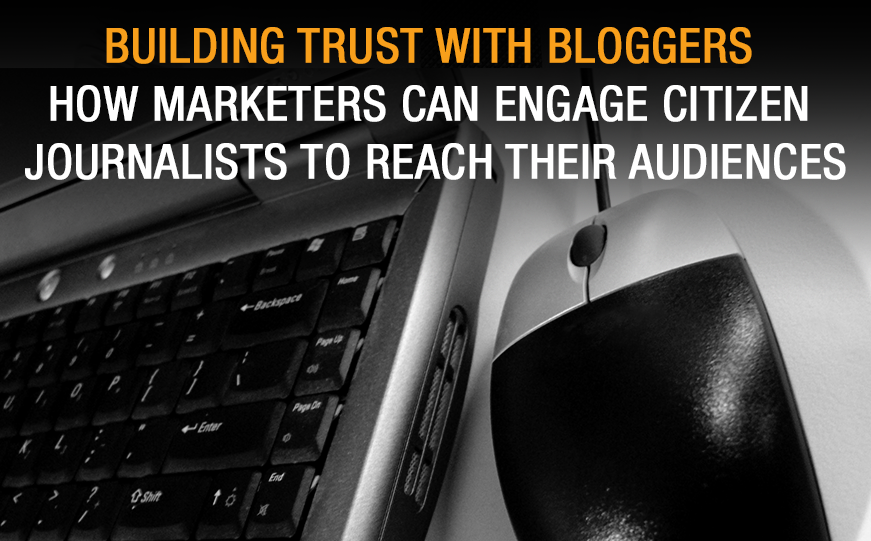Influencer marketing has been taking some hits in recent months, but there is a trusted, safe way for building products brands to get involved.
Earlier in 2019, two separate documentaries detailed the train wreck that was the Fyre Festival. Aside from triggering unhealthy doses of schadenfreude directed at wealthy millennials who were so easily snookered by the festival’s organizers, the films also were a stinging indictment of influencer marketing.
Celebrity influencers, it turned out, were paid handsomely to promote an event they knew little about, and likely didn’t believe in.
More recently, it’s been revealed that large percentages of the followers celebrity influencers peddle are in fact fake.
All of this is of little concern to most building products brands, as they’re not likely to be turning to a Kardashian to sell windows, decking or insulation. But there is a way for them to utilize influencers in a much safer, authentic way.
Bloggers Offer Credibility
Recently, we wrote about how building products marketers can take a journalistic approach to content marketing to build trust among their customers. There are, of course, other methods of building trust that should be part of any good marketing plan.
The first is traditional public relations, working with professional journalists to gain coverage for your brand and product. This, of course, is the ultimate way to curry trust, as you get the implied endorsement of an impartial expert.
But there is another group that building products marketers can work with. One that’s emerged over the last 15 years or so, and that’s particularly well-suited to the building products industry: bloggers.
Bloggers are similar to influencers, in that they trade on their audience. But in our category, there is a major difference. They have typically built their audience organically due to their expertise in a certain area. Many bloggers are actually former (or even current) contractors or tradespeople offering advice to consumers or to other trade audiences.
How to Work with Bloggers
Working with bloggers can be a beneficial, if a little tricky, way for building products brands to get their message across.
Bloggers typically enjoy good credibility among their audiences. The best ones know that that they’ve been able to build an audience by not selling out, featuring and endorsing only the products that they themselves believe in.
So, in order to work with a blogger to promote your product, you have to first convince them that you’re deserving of their stamp of appeal. This might make it a little harder to get your foot in the door, but once you do you can be sure that your message is being heard and believed by their audience.
The other dynamic of working with bloggers has to do with money. This is where the old lines separating “church and state” in traditional media get blurry. While there are clear delineations between the advertising and the editorial staffs in a trade magazine, bloggers are usually just one person.
In recent years, the FTC has clamped down on all forms of influencer marketing, including bloggers, requiring them to disclose when they are paid by a brand. The best bloggers are completely transparent about advertiser relationships with their audience, constantly making it clear that they only endorse products they themselves believe in or use.
We believe it is still important to keep traditional media relations in your marketing mix. But we also believe that working with bloggers offers several benefits.
Because they “grew up” in the digital/social age, bloggers are typically very good at engaging their audiences, and spreading their message, through social media. They know what kinds of content work well, and can work with you to develop a program that will help you achieve their goals.
Also, bloggers are a good choice for products that need to be installed, since many of them have a contracting background. You can work with the bloggers to make the installation part of the story.
Most importantly, bloggers offer a level of credibility that, while perhaps not to the level of professional journalists, is still very good. In a time when trust is a valuable commodity, that’s a big deal.
To learn more about working with bloggers, see our article on how we cracked the blogger code.




